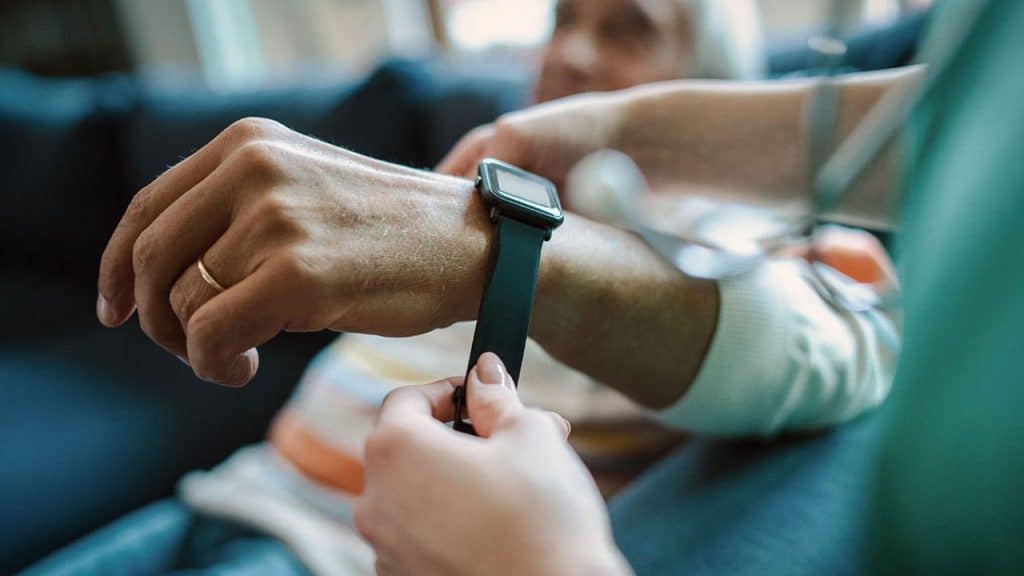Parkinson’s is a disease that may bring a rush of fear whenever it’s mentioned. Degenerative in nature and with no cure, it can be devastating. Early diagnosis that allows you to plan for your future and maybe adjust your lifestyle is one of the few steps you can take to manage Parkinson’s. That’s why it’s exciting if technology can provide a new way to detect the early signs (https://longevity.technology/lifestyle/pioneering-smartwatches-unveiling-early-parkinsons-detection-with-style/).
The exact cause of Parkinson’s is unknown, but it’s likely it includes a mix of genetic and environmental factors. Early signs and symptoms usually include tremors, slower movement, stiffness/rigidity and walking issues. These motor problems are linked to the death of nerve cells in the part of the brain that produces dopamine. Other symptoms include altered sensory perception (particularly loss of smell), trouble with mood and cognition, sleep disturbance and dysphagia (difficulty swallowing). In the longer term, it can lead to dementia and psychosis.
Around 117,200 people died of Parkinson’s in 2015 out of close to 6.2 million with the disease. It’s second only to Alzheimer’s in its frequency as a neurodegenerative condition. It’s no wonder that researchers at the University of Cardiff decided it was an important topic of research. In particular, the scientists wanted to know whether modern smartwatches could help with early Parkinson’s detection.
Participants came from the UK Biobank. There were 103,712 of them in total, and during the 3 years from 2013 to 2016, they wore a special, medical-grade smartwatch for seven days at a time. The smartwatch tracked motion and movement. The accelerometry data collected was then analyzed using machine learning.
There were 273 Parkinson’s diagnoses during the first two years after the data was gathered, and 196 more after that. Researchers found that those who developed Parkinson’s had shown a notable reduction in movement in their accelerometry data as many as seven years before the disease was identified. It was a stronger correlation than any genetic markers or environmental factors.
Smartwatches are becoming increasingly cheap and are relatively easy to use. If they can become a reliable early indicator of Parkinson’s, that can help ensure sufferers receive the best care earlier and may even be used to direct further studies. It’s not the only sign of progress in our approach to this disease. The Michael J. Fox Foundation for Parkinson’s Research is also expanding its work.




